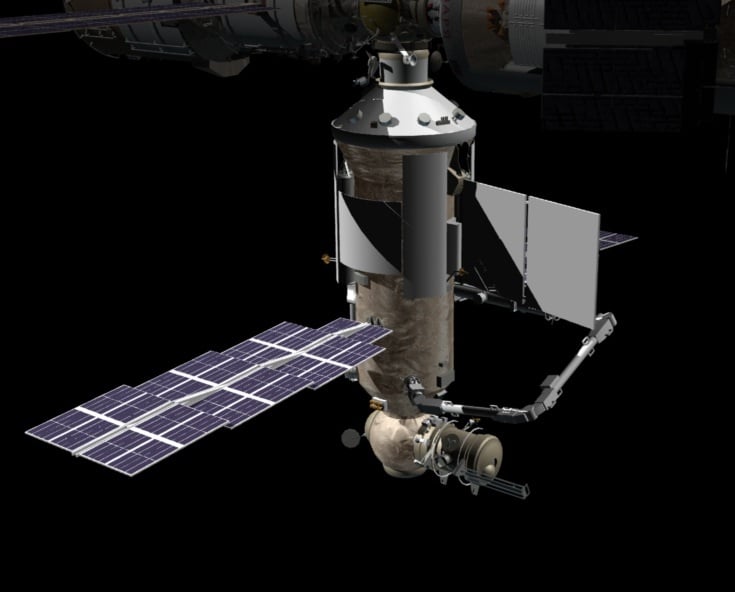The planned launch of Boeing's CST-100 Starliner test flight to the International Space Station (ISS) has been pushed back to Tuesday, August 3 after a mishap involving a newly docked Russian module. Originally, Starliner's flight was to take place today, July 30, 2021 but NASA and Boeing officials agreed to delay the flight following a "spacecraft emergency" on the space station after inadvertent thruster firings on the new Nauka module caused a loss of attitude control on the ISS.
The Nauka module's thrusters started firing at 12:45pm ET on Thursday, July 29 "inadvertently and unexpectedly," NASA said, moving the station 45 degrees out of attitude. After 47 minutes, recovery operations on both the ISS and the ground regained attitude. NASA said the seven-member crew on the space station was in no danger.
However, things must have been nail-biting enough for NASA ISS flight director Zebulon Scoville to tweet, "Never have I ever ... been so happy to see all solar arrays + radiators still attached."
Loading tweet...
— View on Twitter
In a statement released by the Russian space agency Roscosmos, Vladimir Solovyov, flight director of the space station's Russian segment, blamed the incident on a "short-term software failure", where a direct command to turn on the lab's engines was mistakenly implemented.
Attitude control was quickly "countered by the propulsion system" of the Russian Zvezda module, where Nauka was attached. Additionally, thrusters in a Progress cargo ship docked on the other side of Zvezda fired to help right the ship.
During the loss of attitude control, communications blipped out for a few minutes, since the ISS's position is important for communications, as well as for getting power from solar panels. Both NASA and Roscosmos say the station is now back to its normal orientation and all systems are operating normally.
"We haven't noticed any damage to the ISS," said Joel Montalbano, manager of NASA's space station program, during a teleconference after the incident. "One of the things we do after a dynamic event like this is go ahead and sit down with our structural loads team and review all the data, go pull all the telemetry and do an assessment. And so that'll be the next step."
The incident prompted NASA to postpone a repeat test flight for Starliner that had been scheduled for today. The launch of the Starliner—a reusable crew transport capsule — now has its earliest available launch opportunity on August 3 at 1:20 p.m. EDT, with an immediate backup window set for August 4. This will be Boeing's second attempt to reach the 400-kilomter-high (250-mile high) station before putting astronauts on board. Software problems spoiled the first test.
?s=20Loading tweet...
— View on Twitter
Russia's long-delayed 22-ton (20-metric-ton) science lab Nauka arrived eight days after it launched from the Russian launch facility in Baikonur, Kazakhstan. Nauka is the first new compartment for the Russian segment of the ISS since 2010. On Monday, the Pirs docking compartment was undocked and deorbited from the station to free up room for the new lab.
You can find the latest updates on the ISS and Starliner situation on the NASA ISS Blog.
 Universe Today
Universe Today

